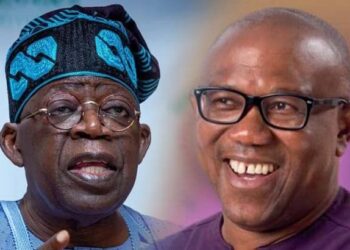Nigeria’s central bank held its benchmark interest rate at 14 percent on Tuesday, its governor said following a Monetary Policy Committee meeting.
Godwin Emefiele said six of the seven members of the committee who took part in the meeting had voted to hold the main rate, while one member voted for a cut. It was the seventh meeting in a row at which the main rate was held by the bank.
“Loosening at this time would exacerbate inflationary pressures and worsen the exchange rate and inflationary rate condition,” said Emefiele of the committee’s decision not to cut borrowing costs.
Nigeria emerged from recession in the second quarter of this year, when Africa’s biggest economy expanded 0.55 percent year-on-year. Annual inflation slowed for a seventh month in August, easing to 16.01 percent.
Fourteen of 15 economists polled by Reuters last week had predicted rates would stay on hold while one forecast a 200 basis point cut.
The OPEC member’s economy shrank by 1.5 percent in 2016, its first annual contraction in 25 years. The recession was largely caused by low oil prices since the country relies on crude oil sales for around two-thirds of government revenue.
Dollar shortages have been a hallmark of the economic downturn. The central bank has maintained at least six exchange rates – including an official rate, a black market rate and one for Muslim pilgrims – to mask pressure on the naira currency.











